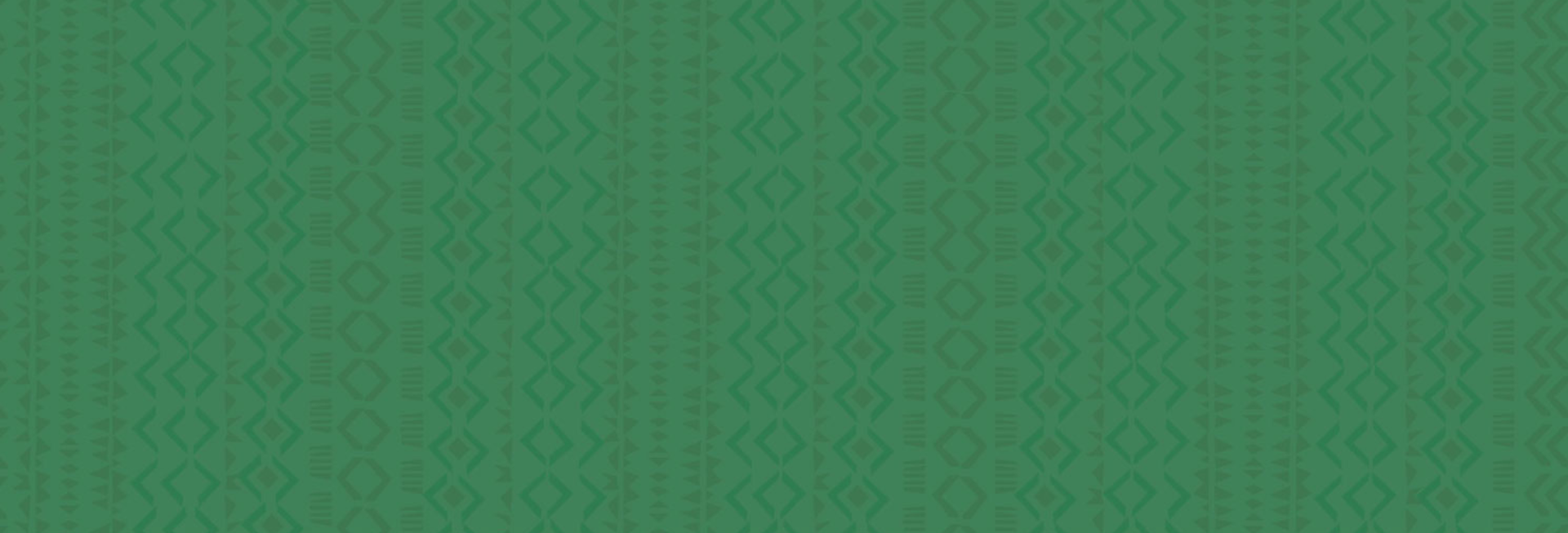2025-08-09 –, MERU (🗣️ ar, es, fr, sw)
Language: English
🎥 Session recording: https://w.wiki/FBaK 🎥
OpenStreetMap (OSM), often called the "Wikipedia of maps," is a powerful tool for knowledge sharing, community engagement, and open data collaboration. This session will explore how OSM contributes to inclusivity by making geographic data accessible to all, supports impactful projects such as disaster response and local development, and promotes sustainability through open and community-driven mapping efforts. Participants will learn how OSM complements Wikimedia projects like Wikidata and Wikipedia, empowering communities to document their environments and preserve local knowledge. Through real-world examples, we will highlight how mapping can bridge knowledge gaps, enhance representation, and create lasting social change. Whether you're a beginner or an experienced Wikimedian, join us to discover how you can contribute to a more inclusive and sustainable world through open mapping.
OpenStreetMap (OSM), often referred to as the “Wikipedia of maps,” is a collaborative platform where individuals and communities contribute geographic data to build an open, freely accessible map of the world. Like Wikimedia projects, OSM embodies the principles of inclusivity, open knowledge, and collective impact. This session will explore how OSM empowers communities, especially in underrepresented regions, to take control of their geographic information, contribute to global knowledge, and address local challenges.
Through real-world case studies, we will demonstrate how open mapping supports disaster response, local development, and sustainability initiatives. We will also highlight the intersections between OSM and Wikimedia projects, such as using OSM data in Wikidata and Wikipedia, or how OSM can enhance knowledge equity by documenting places and cultures often overlooked in traditional cartography.
Participants will gain insights into the power of community-driven mapping, learn about tools and techniques for contributing to OSM, and discuss ways to integrate open geospatial data into Wikimedia initiatives.
Objectives
By the end of the session, participants will:
- Understand the role of OSM in open knowledge ecosystems – Learn how OSM contributes to inclusivity, accessibility, and knowledge equity.
- Explore real-world applications of open mapping – Discover how OSM has been used for humanitarian response, environmental monitoring, and local development.
- Learn how to contribute to OSM and integrate it with Wikimedia projects – Gain practical knowledge on mapping tools, data integration with Wikidata, and ways to use OSM for enriching Wikimedia content.
- Engage in discussions on sustainability in open mapping – Reflect on challenges such as data maintenance, local participation, and long-term accessibility of geographic information.
- Connect with like-minded contributors – Encourage collaborations between Wikimedians, OSM mappers, and organizations using open data for social impact.
Target Audience
This session is designed for Wikimedians, OSM contributors, researchers, development practitioners, and anyone interested in leveraging open mapping for knowledge sharing and social impact. No prior mapping experience is required.
- What other themes or topics does your session fit into? Please choose from the list of tags below.
-
Capacity building, Collaboration
- How does your session relate to the event theme: Wikimania@20: Inclusivity. Impact. Sustainability?
-
My session aligns with Wikimania@20 by showcasing how OpenStreetMap (OSM) promotes inclusivity by enabling underrepresented communities to map their own environments, ensuring equitable access to geographic knowledge. It highlights the impact of open mapping in humanitarian efforts, environmental monitoring, and local development, demonstrating how geospatial data can drive real-world change. Additionally, it emphasizes sustainability by fostering long-term knowledge preservation through open and collaborative mapping, ensuring that geospatial information remains accessible and useful for future generations.
- What is the experience level needed for the audience for your session?
-
Everyone can participate in this session
- How do you plan to deliver this session? You will be asked to confirm this closer to the date in case of changes to the format.
-
Onsite in Nairobi
- Should your session be selected for the program, do you agree to release your session and supporting materials on-wiki and on the eventyay platform under CC BY-SA 4.0?
-
I agree
Abdoul is a passionate advocate for open data and open mapping, with a focus on community-driven geospatial initiatives. He is the Co-Founder of FreeLocalMappers, an organization that promotes the use of OpenStreetMap (OSM) in Guinea and West Africa to increase local data visibility and empower underrepresented communities.
With years of experience supporting humanitarian mapping, environmental monitoring, and development projects, He has led multiple mapathons, workshops, and training sessions aimed at building local capacity in open mapping.

